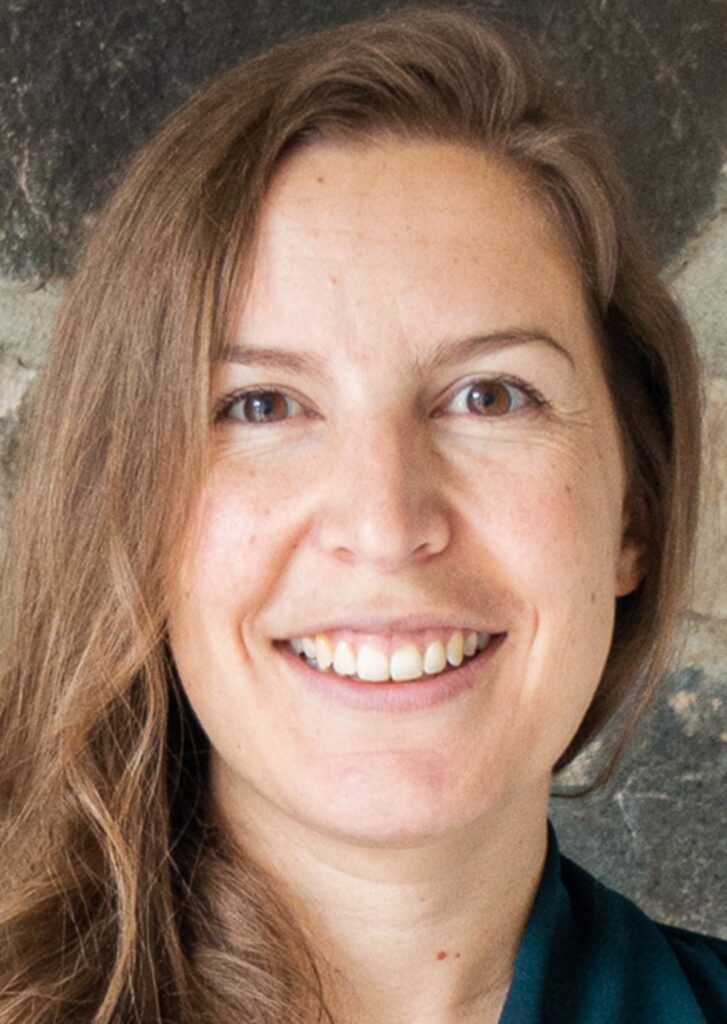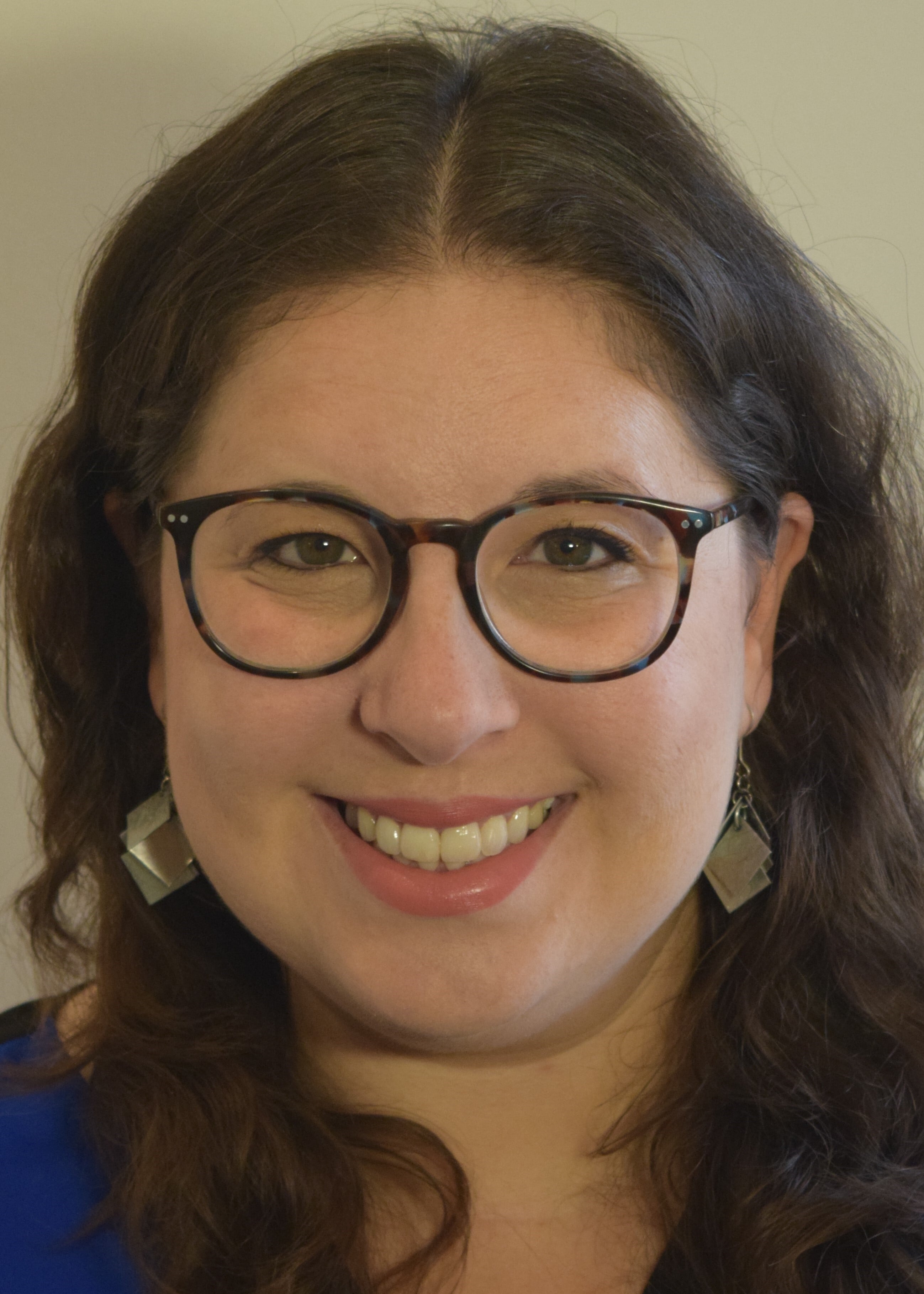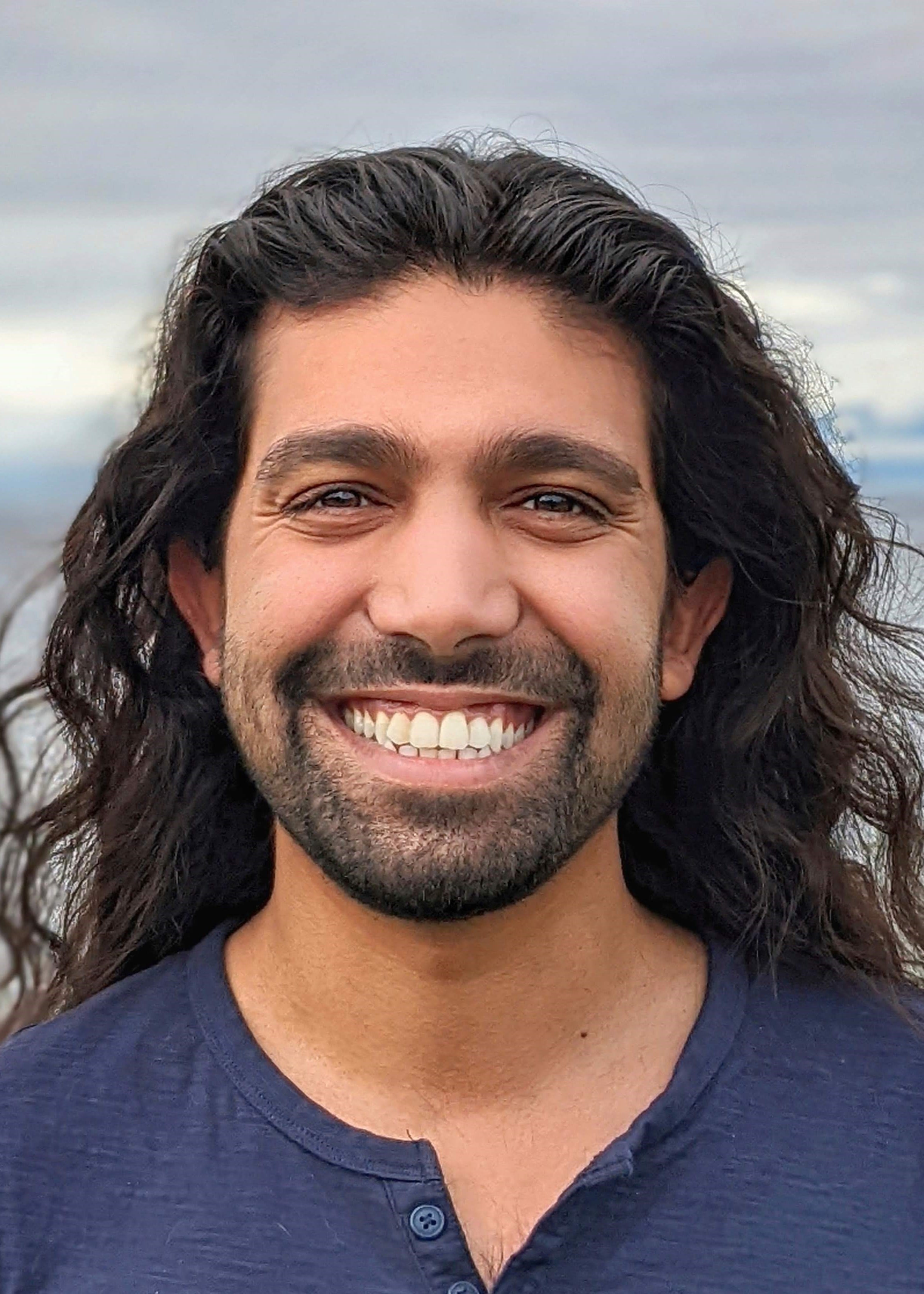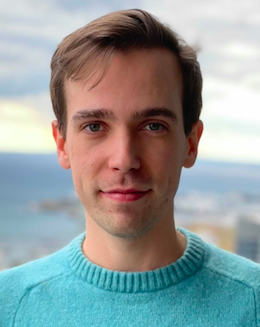Climate Action: The Next Generation – Part 2 of 6

These days, finding the silver lining is the name of the game. It’s tough, but moving towards a brighter future is far from impossible and we want to appreciate the individuals who are helping us move ahead. Today, we are sharing the stories of eight more of our Emerging Leaders nominees. The next generation of climate leaders are taking action and inspiring all of us to join them.
Every year the Clean50 recognizes 20 Emerging Leaders, honouring individuals 35 or under (at the time of their accomplishments) who are driving sustainability in Canada. This year, we’ve had the honour of receiving more than 45 strong nominations for our Emerging Leader award – far more than we can recognize in a single year!
As nominees, these individuals are eligible for both the main Clean50 list and an Emerging Leader award, but given the sheer volume of nominees we’ve received this year, we can’t guarantee they’ll win either award. So we’ve decided to shine a spotlight on each of our Emerging Leader nominees i n a six part series, to give recognition to all of our inspiring young leaders even if we can’t award them, and provide some good news in difficult times.
This is the second in this six part series, and we’re spotlighting our eight nominees: Arthur Chen to Gareth Gransauall!

Arthur Chen (25) – Verdi – Vancouver, BC
Recognizing that irrigation technologies presently used in farming practices are not equipped to deal with present-day climate change and drought, Arthur developed Verdi’s smart systems to assist farmers in climate-proofing the world’s crops. This technology allows farmers to personalize healthcare for crops, using less water and improving yields. With this system, Arthur and his team have allowed clients to precisely administer water and fertilizer according to unique plant needs, which has collectively saved over 860,000 litres of water to date. Through ongoing expansion to now more than 600 acres, and conserving ~10% of prior water use, Verdi is on track to reduce the amount of water used during traditional farming practices by ~7.4 million liters in 2022.

Shivani Chotalia (29)– NRStor Incorporated – Toronto, ON
Shivani is leading the development of 750MW+ of energy storage projects across Canada and has championed NRStor’s “partnerships-first” approach. One example: The 250MW / 1000MWh Oneida Project has implemented a 50/50 partnership between NRStor and local Indigenous partner, SNGRDC, offering the local grid the ability to match supply with demand, and provide up to 4 hours of energy which is expected to drop Ontario’s emissions by 4.1 million tonnes by replacing the natural gas that would otherwise be used to do the same. This approach is helping achieve more resilient developments and widespread community benefits. Her work also supported the launch of Canada’s first commercial flywheel project, which stores 2MW of electricity. Partnering with First Nations, Shivani’s and NRStor’s efforts are helping to demonstrate how communities can use clean energy infrastructure as a tool for economic empowerment.

Annie Cyr (35) – Tengiva – Montreal, QC
Realizing that there are gaps in the textile industry’s supply chain and increased waste, Annie has developed a digital supply-chain manager that enhances resource efficiency, improves transparency and reduces GHG emissions. She designed a database that provides suppliers with information concerning which GHG emissions are associated with particular textile fibers. The database then suggests alternative fibers that have reduced environmental impacts. As a result, she is increasing awareness in the industry by delivering accurate information on what is incorporated in these fabrics (i.e., what chemicals were used, country of origin) to fashion creators, retailers and consumers.

Jackie Daitchman (36) – MSCI – Toronto, ON
Responsible for training all MSCI’s Canadian ESG Research clients how to effectively evaluate investment opportunities by using ESG data and climate data in the investment decision-making process, Jackie is enhancing the quality of investment decisions for the firm’s clients. Her efforts have helped 10 of Canada’s largest asset owners, asset managers, and financial regulators to integrate climate change data into their risk management functions, set net-zero targets, develop frameworks to identify investment opportunities in green and transition assets, and to complete their TCFD reporting requirements, using progressive and meaningful metrics.

Truzaar Dordi (31) – University of Waterloo – Waterloo, ON
A tireless advocate for responsible investment by Canada’s largest institutional investors. Truzaar is determined to decarbonize Canada by starving the fossil fuel industry of their financial support and driving a sustainable transition away from such activities. Amongst his activities: helping OilSandsDivest lead a campaign in BC advocating the province’s Investment Management Corporation to divest, publishing articles on fossil fuel divestment and shareholder engagement, including a recently published paper, ‘Ten Financial Actors’, that has received ~1.2 million views, and was a driving force on the University of Waterloo’s Responsible Investment Advisory Group, leading to the decarbonization of the University’s $2 billion pension and endowment fund. Truzaar currently serves as Vice President of the Canadian Society for Ecological Economics, successfully leading a national academic conference, a student symposium, and an Indigenous economics conference collectively hosting over 500 academics, business and policy leaders, and changemakers.

Jonathan Edwards (28) – CERT Systems Inc. – Toronto, ON
Presently working on developing a technology that converts CO2 into carbon-based chemicals and fuels, using electricity and CO2, Jonathan successfully co-led the team’s pilot-scale CO2 to ethylene demonstration. Once the technology is functioning at an industrial scale, it will be able to convert large quantities of CO2 into a wide variety of products such as ethanol, which can be used as a renewable fuel substitute for airplanes and automobiles, and ethylene, which can be used to produce plastics. Jonathan leads and coordinates CERT’s multi-million project with Breakthrough Energy Solutions Canada, where he performs experiments for advanced electrode and electrolyzer designs to improve the efficiency of the CO2 conversion process

Martha Eggenberger (36) – Bain & Company – Toronto, ON
Working to enable electrification and the renewable energy generation, she has been collaborating with electric utility companies and helping them alter their investments plans to focus more on decarbonizing the grid. Over the past two years, Martha and her team have helped clients prevent millions of tons of carbon from entering the atmosphere by optimizing the energy efficiency of the grid, which has in turn impacted customers throughout North America. She is also assisting gas utility companies with attaining Net Zero targets, which include restoring old pipes to reduce leaks, investing in new technologies to improve grid efficiency and increasing the use of clean fuels (i.e., hydrogen). To date, Bain & Company has helped their clients develop strategies to increase EV power circuits by 35%, reduce customer outages by 40% while cutting costs by 10%.

Gareth Gransaull (24) – Re_Generation – Montreal, QC
Re_Generation co-founder Gareth is empowering youth in sustainability by leading national youth movements to re_imagine schools, re_purpose careers, and re_model companiesin line with regenerative principles focusing on engaging youth to actively participate in policy transitions. He contributed to 5 successful policy campaigns, including the Net-Zero Accountability Act, by organizing petitions and prompting youth to engage with key Senators. This alliance encouraged Canada to create the first piece of legislation that introduces legally binding policies on emission reduction targets and mandatory transition plans. Gareth co-led the “Our Business, Our Future” Manifesto campaign that encourages organizations to balance the profit, planet, and people- gaining the support of 1,500 youth leaders, 130 senior executives, and 100 civil society organizations.
Statistically, only two or three of these inspiring leaders will make make this year’s list. Who would you choose? Now you understand our problem! But a problem we are really pleased to have!














